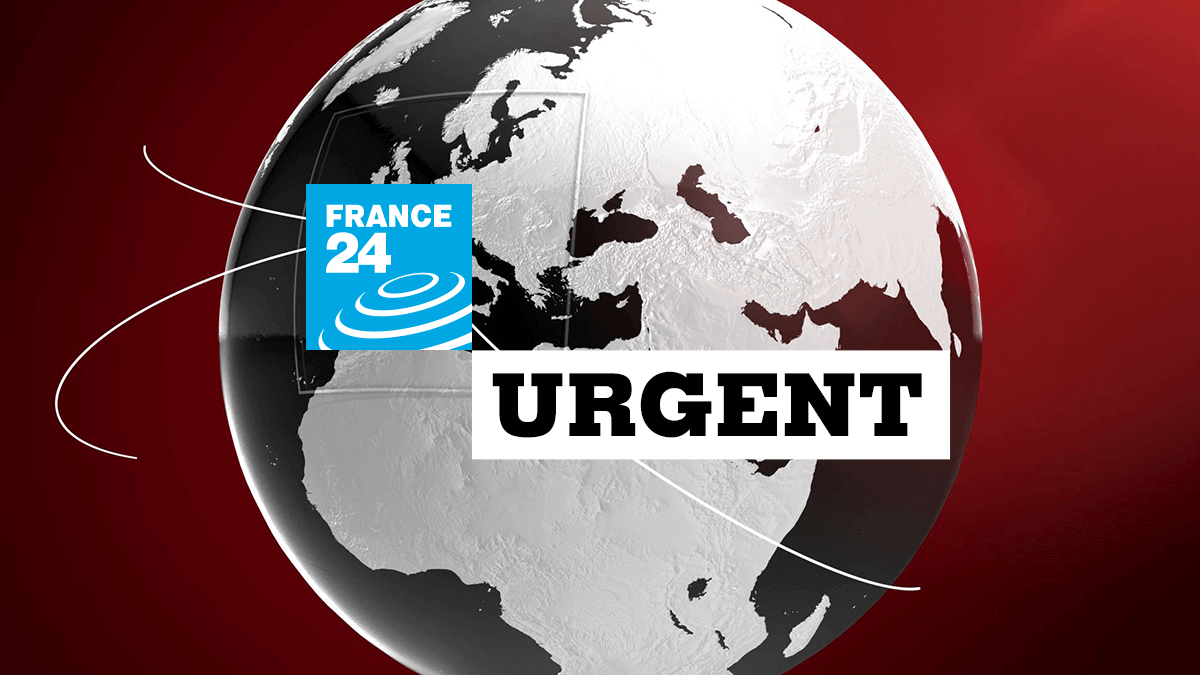Three years after the purges following the coup attempt of 2016 in Turkey, a Turkish court on Thursday, November 21, held prison sentences against former journalists of the opposition daily Cumhuriyet, against the advice of the Court of Cassation which had invalidated a previous conviction.
The court upheld the convictions of 12 ex-Cumhuriyet collaborators and leaders for up to eight years in prison for "helping terrorist groups". A thirteenth defendant, the French editorialist Kadri Gürsel, was acquitted.
On 1 November, the NGO Amnesty International published a report on the restrictions of freedoms following the Turkish military intervention in Syria. For Milena Buyum, spokesperson of the NGO in Turkey, this verdict once again illustrates the erosion of freedom of expression under the presidency of Recep Tayyip Erdogan, especially since a failed coup in 2016 that was followed massive repression.
Did the Turkish military intervention in Syria affect freedom of expression in Turkey?
Yes, those who have spoken about the military attack have been prosecuted and investigated, while simply expressing opposition or calling for peace. These people were sent to detention. While a number of journalists were released, the courts banned them from traveling abroad. Nurcan Baysal, a Kurdish journalist and human rights defender, saw the first days after the start of the military operation, about thirty armed police arrive at her house to try to stop him. It was not necessary, they could have asked him to question him before threatening her.
>> Read on France 24: Turkey, the great purge: four destinies upset by the state of emergency
In this context, do opponents still dare to speak?
Yes, but sanctions against freedom of expression lead to self-censorship because people are afraid. Critical expression has dramatically reduced in recent years, especially since the failed coup in 2016. Journalists convicted on Thursday no longer work for Cumhuriyet. And that sends a message to the rest of the population. Insulting the president is a crime under the Penal Code, speaking of the president in a negative way, criticizing him can be prosecuted. Even mocking can lead to the courts. Restrictions during the two years of emergency rule that were exceptional became standard measures.
Attached to the Social-Democratic branch of the CHP (Republican People's Party), Ekrem Imamoglu was elected mayor of Istanbul on Sunday, June 23, after 25 years of reign of the AKP, the conservative party of Recep Tayyip Erdogan. Following this victory, is freedom of expression more preserved?
Nothing has really changed, because the police are not under the control of the municipality. Families of disappeared, abducted in the 90s, met every Saturday in Galatasaray to remember their loved ones. Since August 2018, they can no longer meet and are forced to abandon their weekly meetings. The municipal election did not change this restriction. In addition, LGBT rights are still flouted. Since 2015, pride marches have been banned when previously, each year, the number of participants increased. LGBT people still try to mobilize but they have to deal with an inevitable police presence. Their right to assemble is almost impossible.

